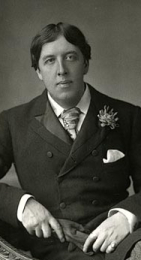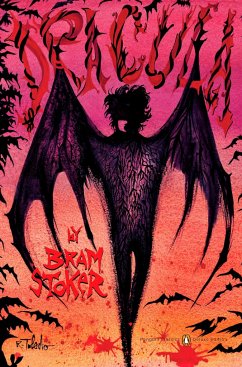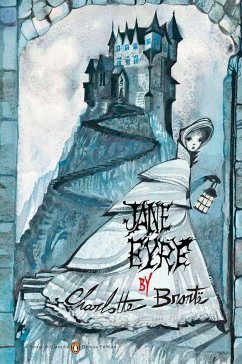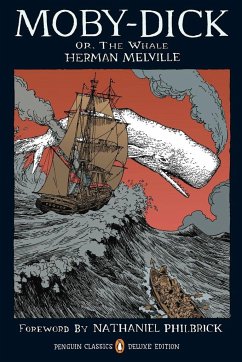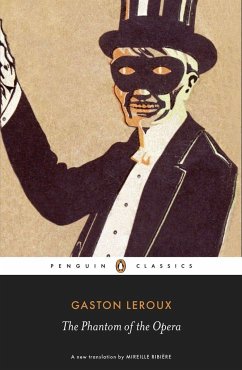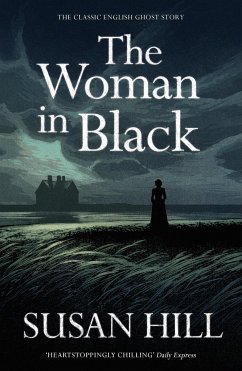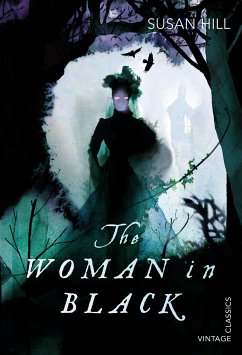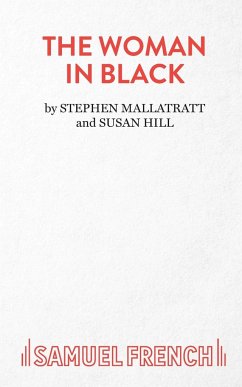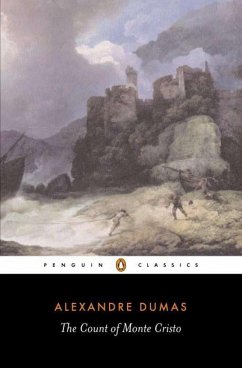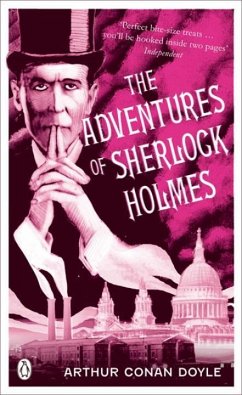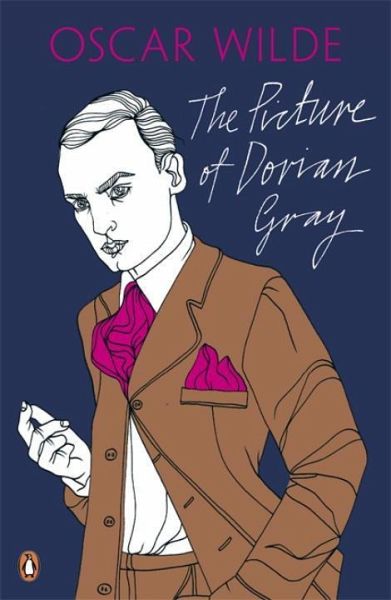
The Picture of Dorian Gray
Versandkostenfrei!
Versandfertig in 2-4 Wochen
14,99 €
inkl. MwSt.

PAYBACK Punkte
7 °P sammeln!
Enthralled by his own exquisite portrait, Dorian Gray exchanges his soul for eternal youth and beauty. Influenced by his friend Lord Henry Wotton, he is drawn into a corrupt double life; indulging his desires in secret while remaining a gentleman in the eyes of polite society. Only his portrait bears the traces of his decadence.



